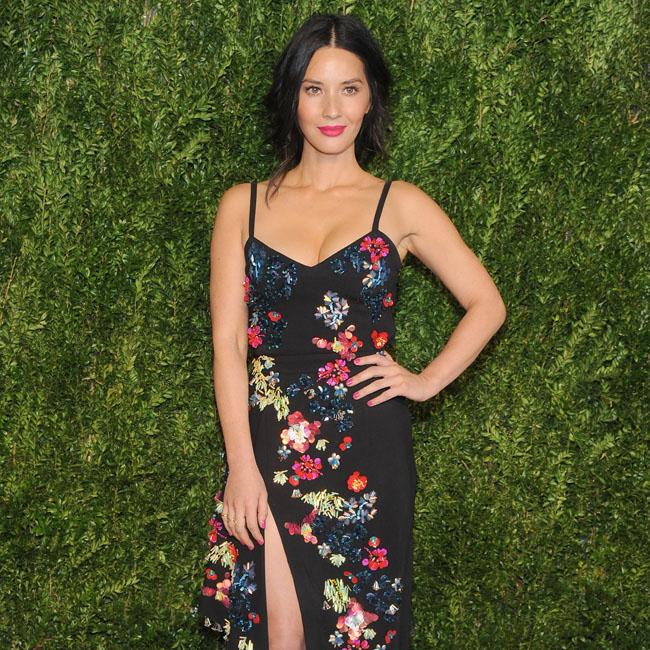Olivia Munn thinks sexual assault accusers should provide "proof".
The 38-year-old actress – who herself has accused producer Brett Ratner of sexual misconduct – has said that whilst she definitely "believes" people’s sexual harassment allegations, she also thinks evidence is "important" especially when it comes to celebrities, so that people don’t use movements like #MeToo to "exact revenge" by using false allegations.
Olivia was speaking about allegations made by E. Jean Carroll against current US president Donald Trump – in which she alleged the businessman turned figurehead assaulted her in a dressing room of Bergdorf Goodman 23 years ago – when she said: "I understand how hard things are when you have to prosecute. But at this point when you are going to call out the president of the United States, you have to follow through."
Trump has since denied the allegations, and ‘The Predator’ star says there needs to be a better system in place for accusers to provide evidence.
She added: "If you are going to come out and publicly say that, then you will have to have some of that evidence that should be able to stand up in a court of law. The system of the #MeToo movement is made so that people [can] be held accountable, and it’s not about just anybody using … because they want to or because they want to exact revenge, and we need to ask people for proof, and that’s the biggest thing is we need proof.
"If someone is speaking out, I believe you, and I also want to see evidence that supports it. That’s just important."
Olivia was one of six women to accuse Brett Ratner of sexual misconduct, and said the #MeToo movement has forced men to "be aware of their existence" in a way they never had to before.
Speaking on ‘The View’, the ‘Dark Phoenix’ actress said: "I think the biggest note that has changed since the #MeToo movement has started is that for the first time, there is an entire group of people – usually white men – who have to be aware of their existence.
"You ask any minority, LGBTQ member or woman how often we’re aware of our existence – every day. When I look in the mirror, I see an Asian-American woman. That’s what I see. When I go into a meeting, and I’m talking, I have to think about three different ways before I say it or how are they going to accept this or take this."
Olivia Munn: Sexual assault accusers should provide proof
